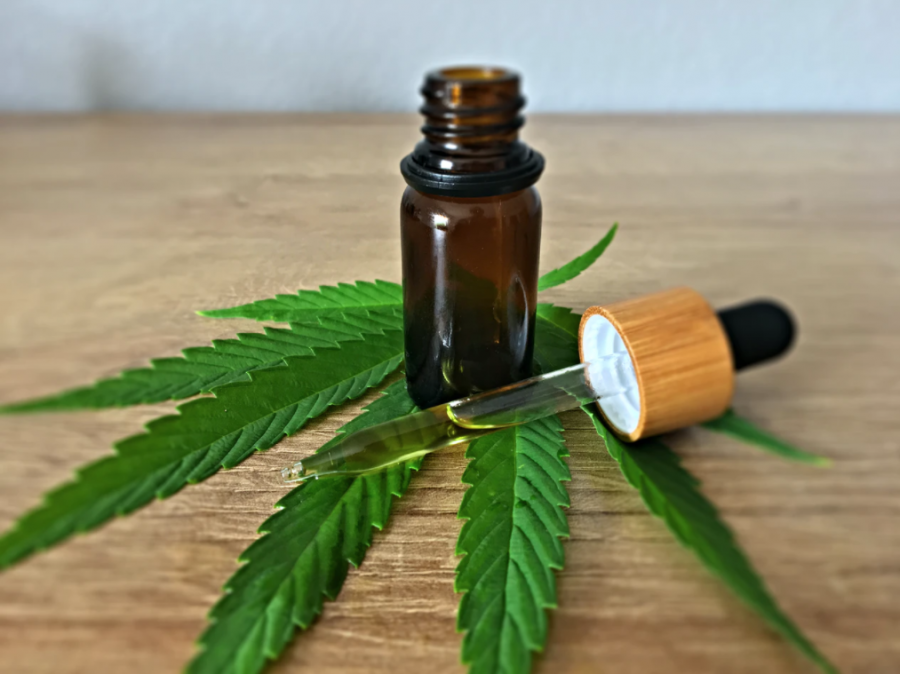In America in 2020, people are more stressed than ever. Millions of individuals and families struggle with often-crippling anxiety over the future, over money, and over health.
The solutions offered so far by the medical establishment come with significant drawbacks. US patients receive about 66 million prescriptions for benzodiazepines each year, the class of drugs that includes alprazolam (Xanax) and clonazepam (Klonopin), among others.
Unfortunately, these types of pharmaceutical drugs often do not work in the long term and carry substantial side effects and risk of dependency. As a result, many anxiety sufferers are turning to CBD for relief.
The Science Behind CBD and Anxiety
Anxiety starts in your nervous system, specifically in the part of the brain called the limbic system. Tied in with many functions of your nervous system, including the parts related to anxiety, is the endocannabinoid system, which is what CBD interacts with.
Specifically, CBD works on the cannabinoid type 1 receptor (CB1R) and the serotonin 5-HT1A receptors, two important components of the anxious response. CBD interacts with these receptors to soothe the nervous system and reduce the symptoms of anxiety you might feel.
While research is still being done, clinical studies have proven the efficacy of CBD to treat depression, OCD, PTSD, and anxiety in patients who take it in therapeutic doses.
Understanding the Different Types of Anxiety
Anxiety can come in many forms, and each of these forms can greatly disrupt daily life and tasks. Each type of anxiety presents its own set of challenges. Doctors have explored the therapeutic potential of CBD for each type with great success.
Generalized anxiety disorder (GAD) is an ongoing and persistent fear rarely linked to one thing in particular. Obsessive compulsive disorder (OCD) has a wide range of symptoms from hoarding to obsessive cleaning to counting to internal obsessions. Post-traumatic stress disorder (PTSD) results after a traumatic event and may result in flashbacks, agitation, hypervigilance, or a multitude of other symptoms.
Panic disorder causes panic attacks in those who suffer from it. They may also experience physical symptoms such as dizziness, nausea, chills, and shortness of breath. Social anxiety disorder (SAD) causes people to feel irrational fear in social settings, perhaps because they expect to be judged or because they are afraid of being embarrassed.
How to Take CBD for Anxiety
CBD is well-tolerated in almost all humans. Because it mimics naturally-occurring cannabinoids in the body, the risk of a severe adverse reaction is minimal. Additionally, most people can safely take CBD even in large doses. In clinical settings, patients have been administered upwards of 1,500 mg with no serious side effects.
However, if you are new to CBD, you might consider a modest starting dose of 10 mg of anti-anxiety CBD drops. Slowly work your way up until you find the optimal dosage for you that delivers the anxiety-nullifying effects that you seek.
The Legality of CBD for Anxiety
One of the best features of CBD for anxiety is that you do not need a prescription from a doctor. It is totally legal in all 50 states, provided the THC content percentage is under 0.3% That means no time-consuming visits to the doctor’s office or trips to the pharmacy.
CBD is a superlative, natural solution to anxiety that is increasingly attractive to patients who hope to avoid the serious side effects of pharmaceutical anti-anxiety medications.
